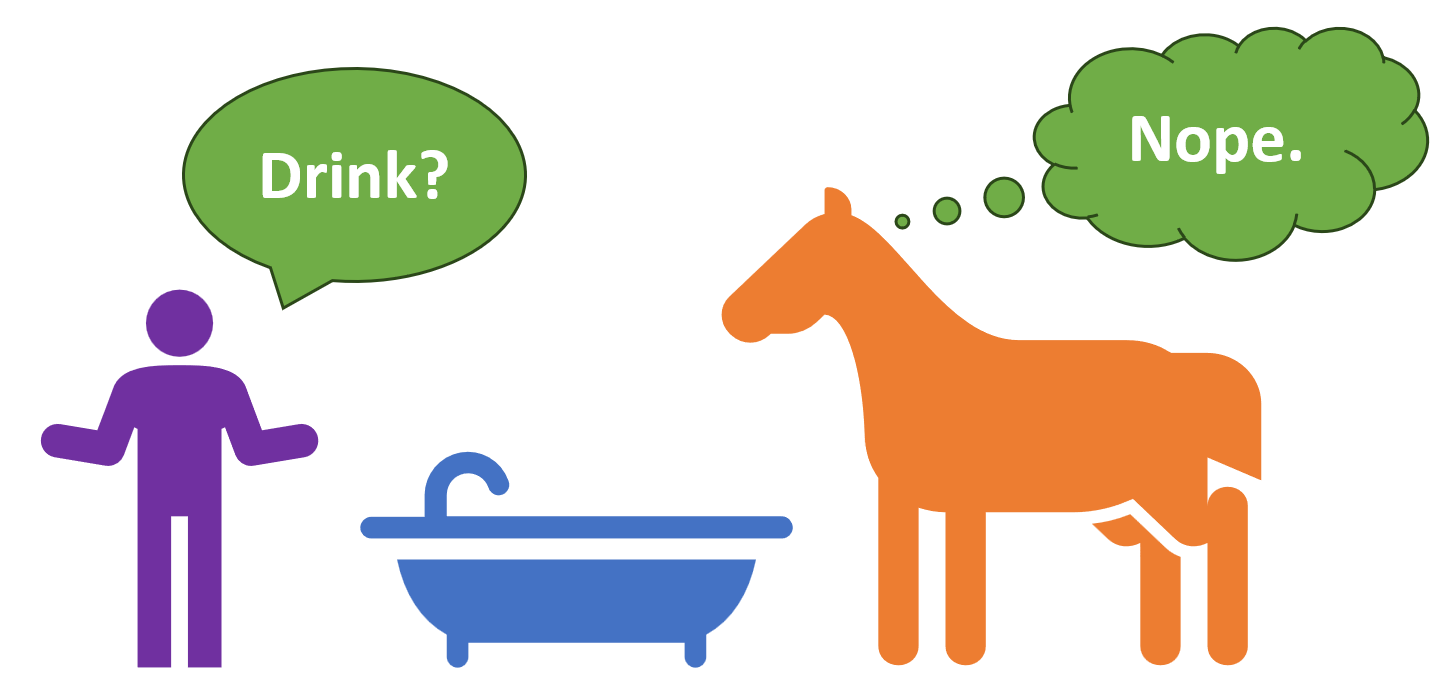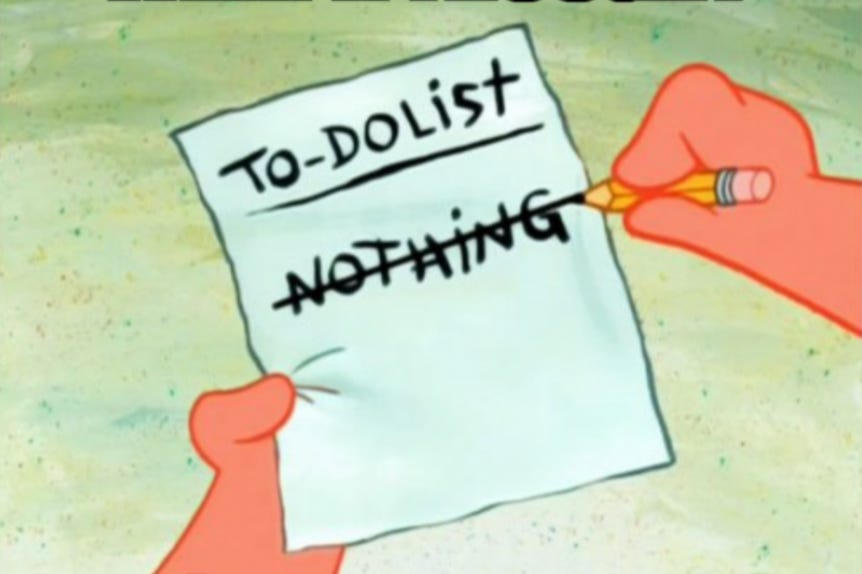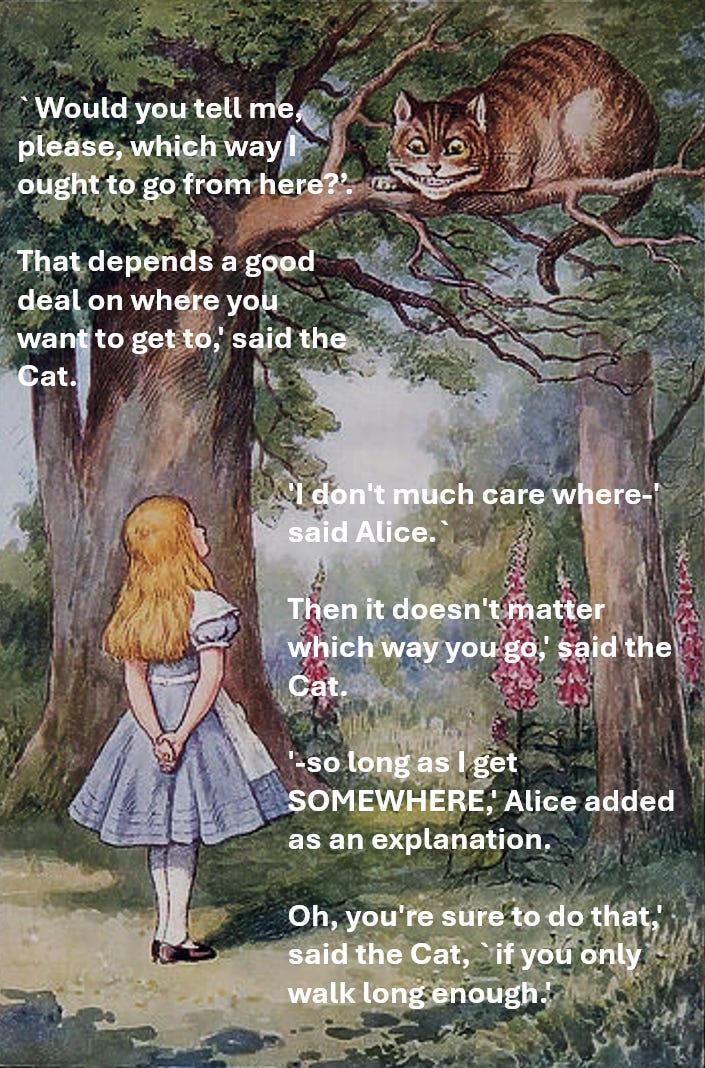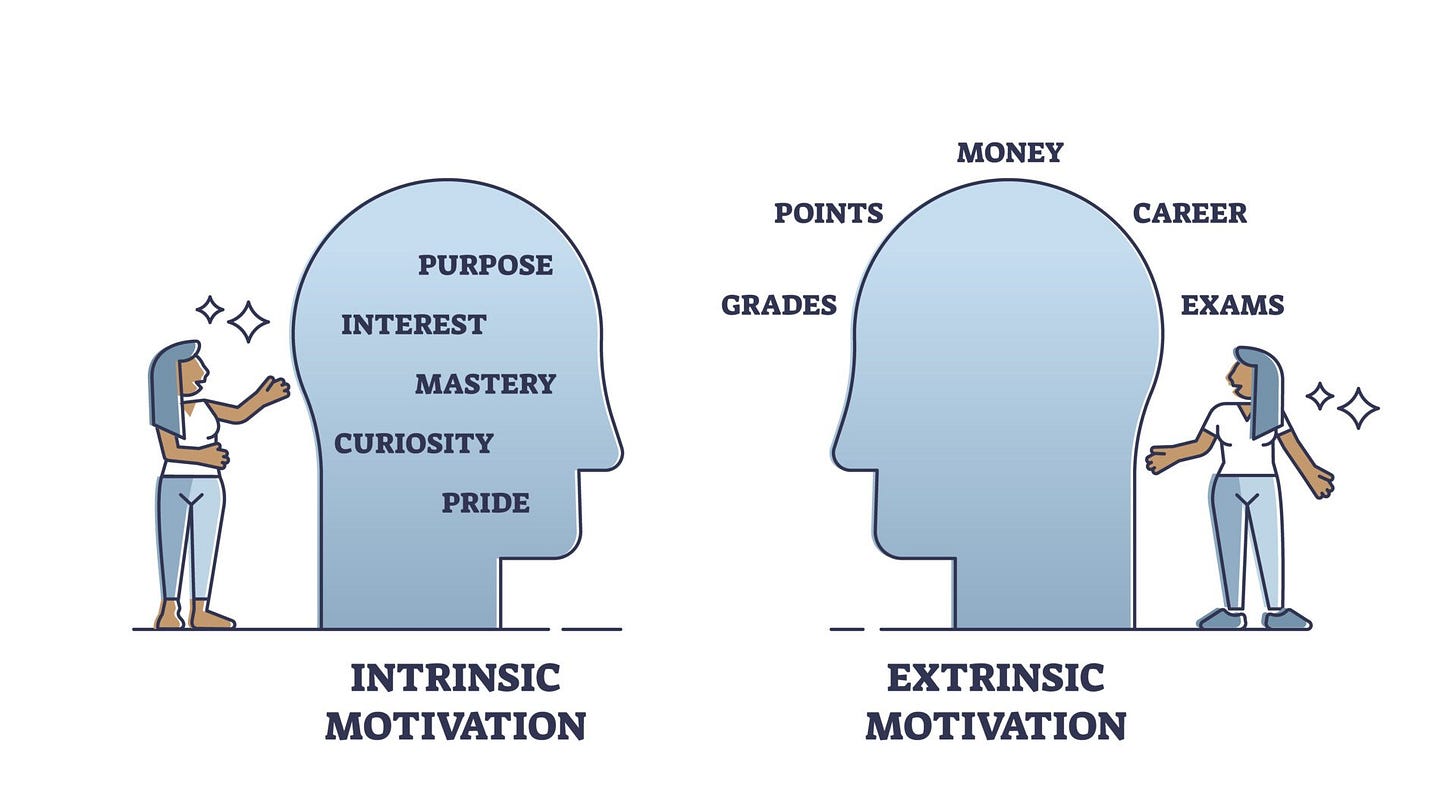Gosh! Where did January go!?
As last year’s festivities become a distant memory and the remainder of the cheese and chocolate is all gone. I’ve made it through January, it feels like I’m on an upward trajectory and that it’s relatively easy to motivate myself to change my ways…
“I am never going to eat cheese again!”
Then again, it’s also similarly quite easy to fail at sticking to these sorts of resolutions.
Research suggests that only 9% of people that make New Years resolutions actually stick to them. The drop off rate is also pretty steep. 23% of people have quit their resolution by the end of the first week in January, and 43% by the end of the month.
By now, as we rapidly accelerate towards mid-February, the vast majority of commitments made are not only in the bin, but the rubbish has been collected and the bag replaced (along with a less festive form of cheese in the fridge).
But, why do we fare so badly?
Well, the answers are many and varied but often relate to either not having a clear outcome or that we lack a good enough plan to achieve that outcome. Ultimately, we just don’t take resolutions seriously enough to think what actually achieving them might entail.
Most resolutions take the form of something randomly aspirational, but not specific enough… “I’m going to avoid cheese”. Alternatively, they actually describe a task - without describing the reason for that task… “I’m going to save more in to my pension.” vs. “I want to travel the world when I retire so I’ll put extra in to my pension this year.” The fact is, we are far more likely to succeed if we understand not only “what” we’re intending to do but also the purpose for doing it. Once we’ve got that nailed we also need to have an idea about how we might achieve it.
As the saying goes…
“A goal without a plan is a just a dream.”
— Antoine de Saint-Exupéry
…and so most dreams fall by the wayside.
Yet, in the context of work - well - that just won’t do. A 9% success rate should be telling you you’re probably in the wrong job.
With that in mind, let’s consider “goal setting” beyond my own current (and likely temporary) personal focus on dairy food and frame it in the wider context of “systematic value creation” (or “work” to use a more specific term in this case).
In the previous post I described how we can act iteratively in order to maximise our chances of success in a given environment - building our knowledge and skills as we go. (Learn…Apply…Learn…Apply…and so on ad infinitum.)
Whilst this continuous learning mindset equips us with the capabilities (knowledge and skills) needed to make progress, if we are going to add long term value - the question we are looking to answer here is “what are the most valuable areas in which we can apply this capability”?.
The point being, that in order to make progress we need a clear definition of what that progress looks like. Without that sense of direction you can end up walking around in circles for a while.
As I’ve previously mentioned - making clear choices by being decisive grants us agency and empowers us to control our actions and take ownership of our goals.
So what makes a good goal?
I’ve found that good goals have 3 qualities. Those are that they are:-
Clear - All those who are signing up to the goal need to understand what it is and what it means. There are many frameworks to help clarify goals (such as SMART and OKRs).
Whilst these are potentially useful, I personally wouldn’t worry too much about the frameworks. What these are really all trying to do is describe what does “done” look like. A clear “Definition of Done” - means that you can assess your achievement more objectively as you can see the evidence.
Believable - A goal should have a path to meet it. Some of this might be challenging, ambiguous or perhaps even dangerous, but it should have understandable steps to achievement. This path could be seen by having observed someone walk the path before (you’ve seen their success and want to emulate it) or perhaps you have a theory that you want to test out in practice. You are confident in your ability and you want to break new ground.
Motivating - It has to matter. If it doesn’t matter no-one is going to sacrifice their valuable time and effort to achieve it. You can set all the SMART goals and OKRs you want, but if you don’t feel a sense of achievement when they’re complete, they’re just a list of chores.
Games are all about achieving goals and so serve as a useful example of how these three aspects all come in to play.
There’s a clear “definition of done”… Score more points than your opponent = Win!
They are believable, Not only have people won the game before. They have figured out all sorts of ways to do that. From very specific strategies designed to deal with specific opponents to more general training exercises that develop more general competencies such as speed, strength or tactics.
They are motivating. It feels good when you or your team wins. I actually think this is the most important aspect. That feeling of success is hard to beat.
However, in many frameworks the motivational element is often not really considered until after a goal is set. Most people will set a seemingly reasonable goal and then try and figure out what will motivate them to achieve that goal.
The “Tidy your room and then you can go out to play” goal-setting framework of authoritatively applying bribery is taught to every child in the world. But it’s ultimately not very effective as it doesn’t teach any form of intrinsic motivation. In the long run, whether or not an individual or team is sufficiently self-motivated to achieve a goal is really the most important factor in successfully achieving that goal.

If someone really doesn’t want to learn to swim… they will not learn to swim.
In life, we inevitably face activities that are uncomfortable, too hard or just plain boring. Why we see things this way is grounded the way our brains work and whilst our brain rewards us for spending mental energy on developing ourselves, it rewards us even more for saving that energy. This is why we sometimes struggle to engage with things that don’t immediately spark our interest and why we get bored with even the most interesting things over time.
So, how do we choose self-motivating goals?
At this point, I’m going to loop back to the first post in this series, where I posed the question. How do you “add value”?
Why? My assumption is that if we are attempting to set motivating goals we should - by default - identify and select goals that yield the most value for us. (and - as discussed back in that first article - we should consider value beyond simply the profit imperative).
If we can articulate what truly matters to us—whether it's growth, creativity, freedom, or something else. Then, we can design a goal that reflects those values and feels personally meaningful.
One of your core values may be “personal growth” or “mastering a skill”, so you might form a goal to “Complete Grade 1 classical guitar by the end of the year” . Or, if you’re working in technical role but deeply value “personal relatedness”, a goal might be: "Host a monthly meetup to help build a supportive technical community."
By considering your values first and framing goals through the lens of those values, it’s far easier to genuinely commit to achieving them.
Shared team goals
It follows that, if you’re looking to achieve shared goals with a team you’ll need a deep understanding of your collective shared values to create genuine alignment. A team can more easily get to a clear “definition of done” than it can align on shared values, but this highlights the underlying risk that if someone in the team doesn’t share the values of everyone else they are unlikely to be sufficiently motivated to play their part.
We also need to remember that “value” is entirely subjective and; that different people have a different tolerance for trade-offs than others, which all makes setting good aligned team goals exponentially harder than individual ones. Nonetheless, a good way to navigate this, is through open and honest discussion. Simply asking a few straightforward questions is often enough to kick off a conversation :
“Does this goal feel motivating or more like a chore to you?”
“Are you really sold on this or just saying what might be expected of us?”
“What do you find most exciting about this?”
Like many things, team goals are a fine balance as you need enough consistency to align on direction, but enough tolerance of diversity to allow for individual needs.
Ultimately, whether setting goals for yourself or with a team, this requires deep thinking on what truly matters to us. When our goals reflect our core values they tap into our intrinsic motivation - not just action to receive externally provided rewards - making it easier to stay committed and find satisfaction not only in the outcome, but in the process itself.
Like Marie Kondo, perhaps we should be teaching our children… “Now, go tidy your room so that you can experience the self-satisfying inner joy of tidying.” (🤔 …or then again…perhaps not.)
The point being that setting goals effectively is much more than simply agreeing targets. Regardless of what form, template or framework you use, thinking about value and values as you set your goals produces more motivational goals that we’re far more likely to achieve.
Meaningful goals align activity with value
And as simple as that… I’ve reached my goal of “Six months… Six posts”.
Thanks to everyone who’s read and fed back on these articles so far - I really appreciate it.
So that’s it?
Well no, of course not! It’s time for… yes - you guessed it…a new goal!
But, before I distract myself with that particular existential question… Next time, I’ll bring together the concepts I’ve discussed so far, creating a “map” that serves as both a foundation on which we can build our knowledge and also as a practical framework for identifying issues and effective interventions to improve the systems we work on and within.
Thanks again for reading and see you next time!












